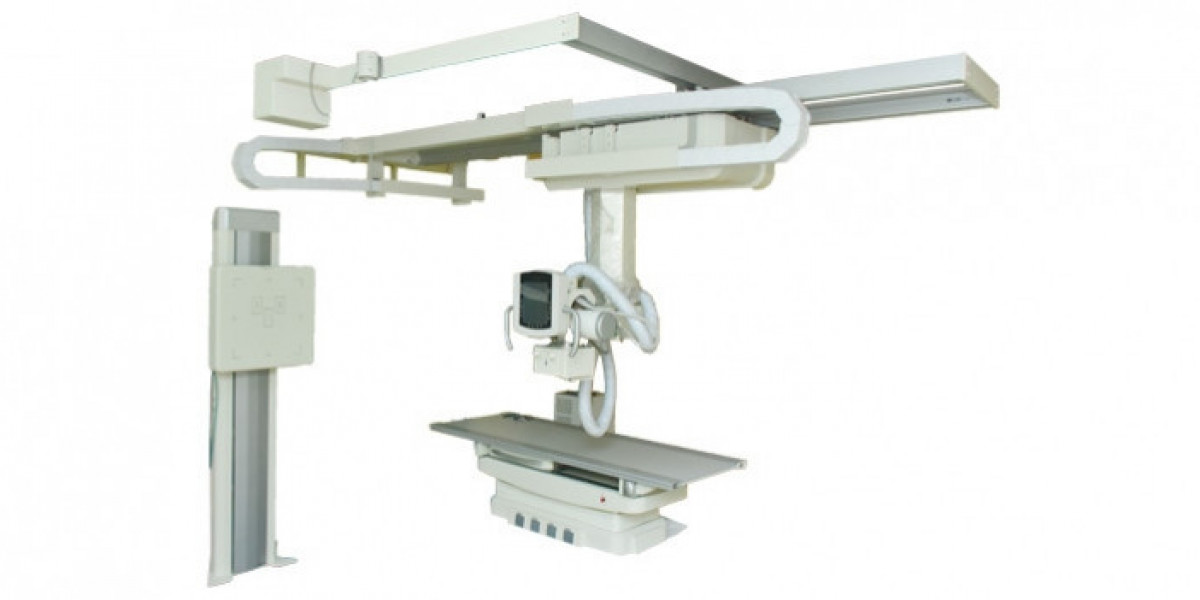In the fast-paced world we live in today, health is often the first thing we compromise. Between busy work schedules, social commitments, and the stressors of modern life, prioritizing our well-being can easily slip down the list of priorities. Yet, in an era where medical science and technology are advancing rapidly, there is one factor that stands out as crucial: early detection of diseases. Recognizing health issues in their initial stages not only saves lives but also significantly improves the quality of life for those affected.
Understanding Early Detection
Early detection refers to identifying diseases before they manifest severe symptoms. Often, diseases such as diabetes, hypertension, certain cancers, and heart conditions develop silently over time. By the time outward symptoms become noticeable, these conditions might have already caused irreversible damage. Early detection allows for timely intervention, increasing treatment success rates and potentially reducing the need for complex medical procedures.
Preventive healthcare is no longer a luxury; it is a necessity. By focusing on early detection, individuals can actively participate in maintaining their health, rather than reacting to illness after it has taken hold. This proactive approach empowers people to make informed decisions about their lifestyle, diet, and medical care.
The Role of Regular Health Screenings
One of the most effective methods for early detection is regular health screenings. Routine tests such as blood pressure monitoring, cholesterol levels, blood sugar analysis, and imaging studies can reveal underlying issues before they escalate. These screenings often provide insights that an individual might not even notice in day-to-day life.
Medical professionals recommend age-specific screenings. For instance, adults over 40 might need regular heart and cholesterol checks, while women might require mammograms, and men might need prostate evaluations. Beyond age, family history, lifestyle choices, and occupational hazards also influence the types of screenings necessary. Tailoring screenings to individual needs ensures comprehensive monitoring and early intervention.
Leveraging Technology for Health Awareness
Advancements in healthcare technology have made it easier than ever to detect diseases early. Wearable devices can monitor vital signs in real time, alerting users to anomalies such as irregular heartbeats or sudden spikes in blood pressure. Mobile applications track lifestyle patterns, diet, and sleep quality, giving individuals actionable insights to improve their overall health.
Telemedicine and remote diagnostics have also revolutionized the way we approach healthcare. Patients can now consult specialists without leaving their homes, ensuring timely advice and follow-ups. These technological solutions bridge the gap between busy lifestyles and essential health maintenance.
The Convenience of Home-Based Health Checkups
Modern healthcare services have evolved to meet the needs of individuals who cannot always visit medical centers. Today, many healthcare providers offer full body checkup at home, bringing professional medical assessments directly to your doorstep. This convenience eliminates the barriers of travel, waiting times, and scheduling conflicts, making it easier for people to prioritize their health without disrupting their routines.
Home-based checkups are comprehensive, often including blood tests, urine analysis, blood pressure monitoring, and basic imaging. By allowing healthcare professionals to conduct these tests in a familiar environment, patients are more likely to comply with regular screenings, fostering a proactive approach to disease prevention.
Chronic Diseases and the Cost of Late Detection
Chronic diseases are among the leading causes of death worldwide. Conditions like heart disease, cancer, diabetes, and respiratory illnesses can develop gradually, often going unnoticed until significant damage has occurred. Late detection not only complicates treatment but also increases healthcare costs, emotional stress, and long-term health complications.
For example, catching cancer in its early stages drastically improves survival rates. Similarly, detecting hypertension early prevents cardiovascular complications. By investing time in regular screenings and early detection strategies, individuals can avoid prolonged suffering and the financial burden of advanced medical interventions.
Psychological Benefits of Early Detection
Beyond the physical advantages, early detection also provides psychological reassurance. Knowing one’s health status allows individuals to make conscious lifestyle choices and reduces anxiety related to unknown health issues. When people are aware of potential risks, they can adopt healthier habits, seek timely medical advice, and maintain peace of mind.
Furthermore, early detection encourages accountability. People become more engaged in their health, tracking their progress and staying informed about preventive measures. This proactive mindset cultivates long-term wellness and resilience against diseases.
Public Health Implications
The benefits of early detection extend beyond individual well-being to societal health. Early intervention reduces hospital admissions, minimizes the spread of communicable diseases, and eases the burden on healthcare systems. When more people engage in preventive screenings, communities experience lower healthcare costs, reduced disease prevalence, and improved quality of life.
Governments and health organizations worldwide emphasize awareness campaigns to educate the public about the importance of early detection. Programs focusing on vaccination, routine checkups, and lifestyle education are essential in promoting preventive healthcare on a large scale.
Lifestyle Changes and Disease Prevention
Early detection is most effective when combined with a healthy lifestyle. Balanced nutrition, regular physical activity, adequate sleep, and stress management are critical factors in preventing disease progression. Avoiding smoking, limiting alcohol consumption, and maintaining a healthy weight further reduce the risk of chronic conditions.
Even with early detection, lifestyle choices determine the overall outcome. For instance, a person diagnosed with prediabetes can reverse the condition through dietary changes and regular exercise, highlighting the synergy between proactive screenings and healthy living.
Encouraging Regular Health Checkups
To make early detection a norm, individuals must prioritize regular health checkups. Scheduling annual screenings, following medical advice, and being vigilant about subtle changes in the body are crucial steps. Home-based services have made this process more accessible, allowing people to maintain their health without disrupting their daily lives. Utilizing options like a full body checkup at home ensures that early detection becomes a practical and convenient part of modern life.
Education also plays a vital role. By spreading awareness about the signs and symptoms of common diseases, people are empowered to seek medical advice promptly. Knowledge reduces fear, promotes action, and ultimately saves lives.
Conclusion
In an age where medical advancements provide numerous tools for monitoring and maintaining health, early detection of diseases has never been more critical. It offers a pathway to timely intervention, improved outcomes, and enhanced quality of life. From regular screenings and lifestyle changes to leveraging home-based health services, proactive measures empower individuals to take control of their well-being.
Prioritizing early detection is a commitment to oneself and one’s family. By embracing preventive healthcare practices, staying informed, and utilizing modern solutions like full body checkups at home, individuals can protect their health and secure a better future. The message is clear: waiting for symptoms to appear is no longer acceptable. Acting early is the key to living a longer, healthier, and more fulfilling life.








